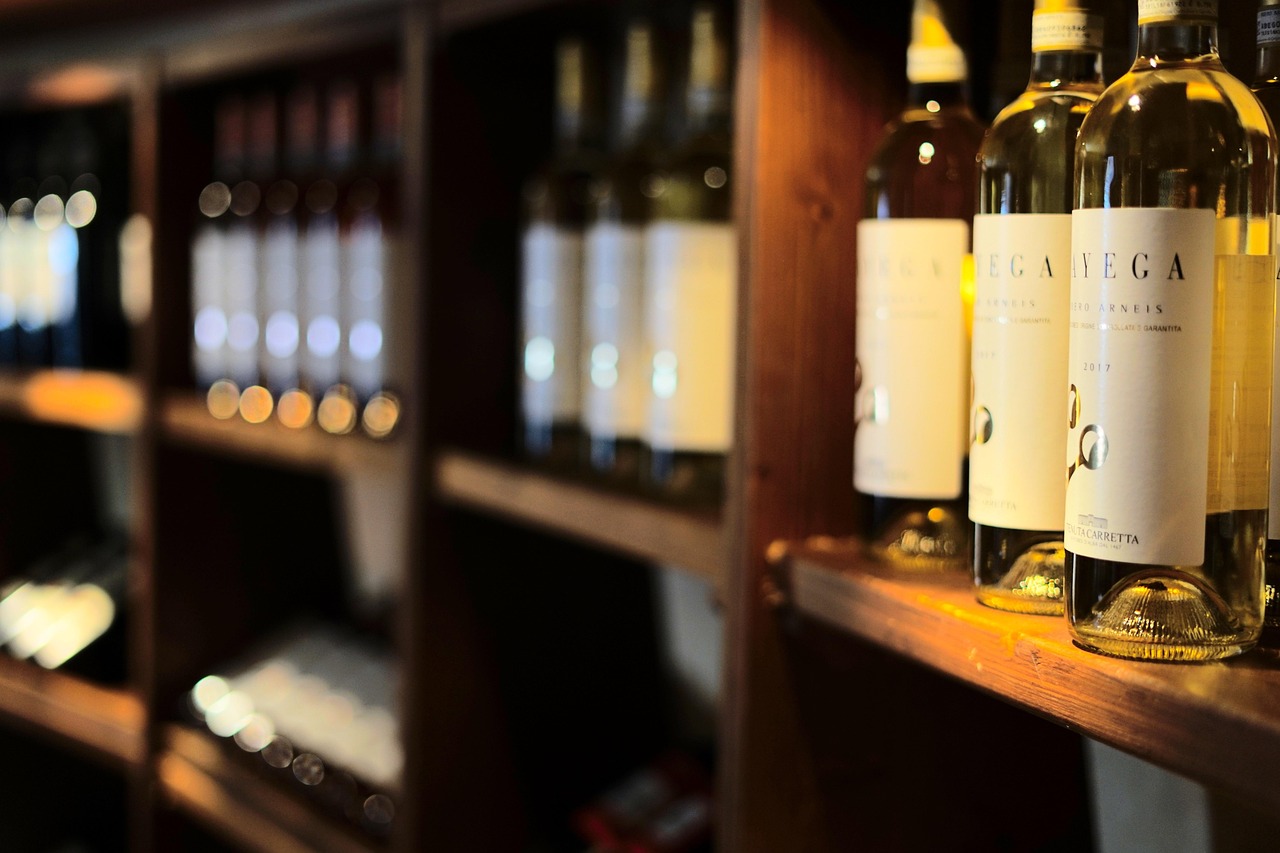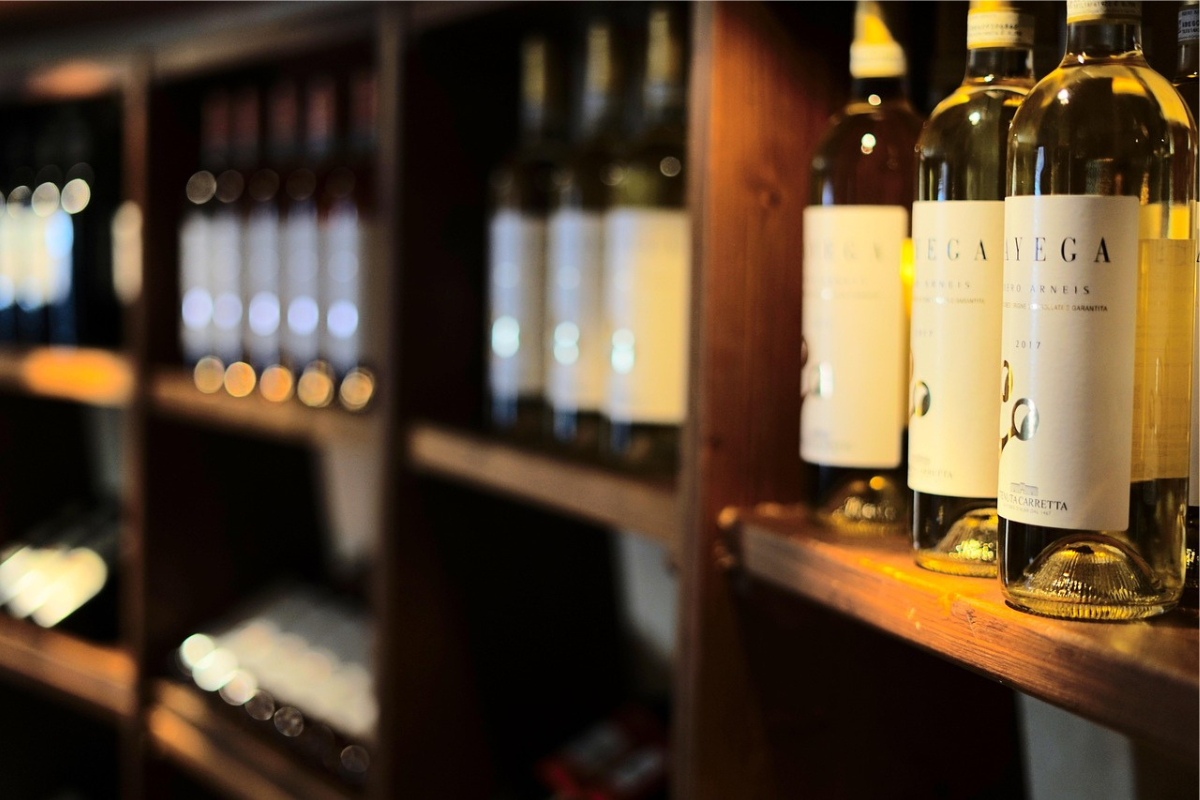
Many home chefs, food lovers, and wine enthusiasts start with experimenting in the kitchen or enjoying a glass with friends, yet few realise that passion can lead to a fulfilling career.
A wine course offers far more than learning tasting notes. It builds in-depth knowledge of regions, grape varieties, and production techniques, while giving us the confidence to speak with authority. Training also sharpens professional tasting skills, opens doors to diverse industry roles, strengthens our ability to pair food and wine, and connects us to a network of like-minded people.
By understanding these benefits, we can see how formal wine education has the power to transform a personal interest into a rewarding professional path.
1. Expanding Your Knowledge Beyond the Glass
Quality wine courses take you deep into the world of vineyards and cellars. You’ll explore the nuances of terroir, the influence of climate, and why grape varieties thrive in certain regions. Classes cover fermentation methods, aging techniques, and how winemakers create balance in every bottle.
This isn’t only for sommeliers; chefs, writers, and retailers benefit too. The more you understand about viticulture and production, the more confidently you can share that knowledge. Professional training also introduces the art of food pairing, so you can explain why a Barolo complements truffle pasta or how Riesling brightens a spicy curry.
2. Building Professional Tasting Skills
A trained palate can detect subtle layers in a wine that most miss. When exploring your passion for wine through a course, you’ll learn to identify aromas like ripe peach, green pepper, or toasted almond, and to recognise textures from silky to crisp. This precision is valuable in menu development, wine list curation, and product reviews.
Chefs can fine-tune sauces to highlight a wine’s acidity. Sommeliers can select vintages that fit a guest’s taste perfectly. Writers can describe each sip so vividly that readers feel they’ve tasted it themselves. Pairing tasting practice with trusted resources on wine pairing ensures your skills translate directly into both kitchen creativity and customer satisfaction.
3. Opening Doors to Industry Careers
Wine qualifications signal to employers and clients that you’ve invested in your expertise. The opportunities are broad. You could become a sommelier in a fine-dining restaurant, manage a boutique wine shop, or represent a brand as a sales consultant. Importing, exporting, event management, and wine education are also growing sectors.
Some graduates create their own businesses, from wine subscription services to travel experiences. A course also gives you access to insider events, industry updates, and mentorship that help you navigate career shifts. With these tools, you can move from an enthusiastic amateur to a sought-after professional in the field.
4. Enhancing Your Food and Wine Pairing Expertise
Pairing is both a science and a sensory experience. A wine course teaches how elements like acidity, sweetness, alcohol, and tannin interact with food components such as fat, salt, and spice. You’ll see why a buttery Chardonnay complements seared scallops or why Pinot Noir lifts the flavors of roast duck.
This knowledge can transform a restaurant’s menu or a home dinner party. Guests notice when every course feels thoughtfully connected to the wine in their glass. Studying classic pairings also inspires experimentation, giving you the confidence to create combinations that surprise and delight without losing harmony between plate and pour.
5. Networking with a Passionate Community
One of the biggest benefits of wine training is the people you meet along the way. Your classmates might include chefs, winemakers, retailers, and writers who share your enthusiasm. Instructors often have years of industry experience and can offer guidance, connections, and advice. Networking happens naturally in study groups, tastings, and field trips to vineyards.
These relationships can lead to collaborations on events, job referrals, or even business partnerships. The wine industry thrives on personal connections, and a strong network can open doors you might not find on your own. The friendships often last well beyond the course itself.
Conclusion
A formal wine course does more than teach tasting notes. It expands your knowledge, builds your sensory skills, opens professional doors, sharpens pairing instincts, and connects you to a passionate network.
If your kitchen experiments and wine evenings stir real excitement, don’t let that stop at home. Let formal training be your launchpad. The wine world is waiting, and your dream job might just be a course away.



